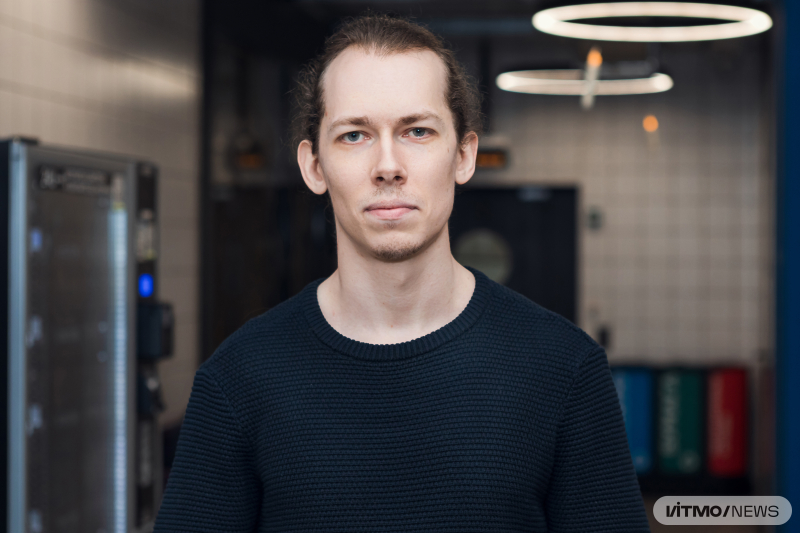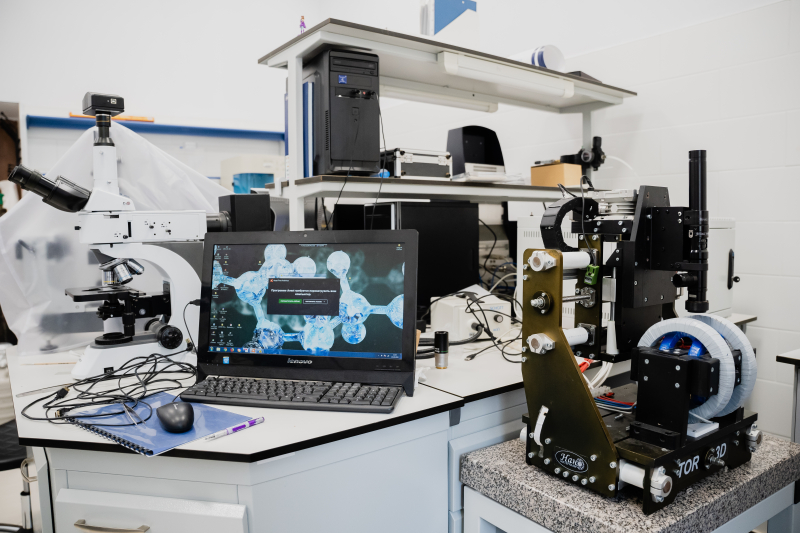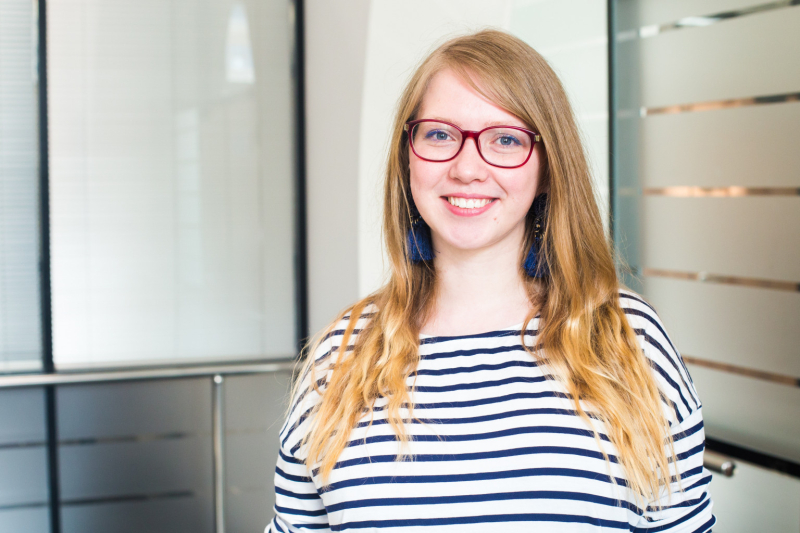ITMO Introduces New Master’s Program in Molecular Biology and Biotechnology
The new project-oriented Master’s program is a spin-off from the Molecular Biology and Biotechnology that’s been implemented by ITMO’s ChemBio Cluster since 2017, which trains experts in molecular diagnostics and therapy, bioengineering, and other fields. Whereas earlier, students of the program spent two years working on one research project, starting from this year they will be able to select up to ten projects to work on.
According to Artur Prilepsky, an associate professor at the ChemBio Cluster and the head of the program, with these changes, students will be able to not only become professionals within a specific field, but also broaden their horizons with knowledge from adjacent fields.
“When students focus on a single topic for two years – for instance, PCR testing – by graduation they will be aces in this field, but probably won’t be able to separate proteins, cultivate cells, and do research in genetics or other fields. That’s because the students would have only heard about these fields without having worked in them directly. As a result, in a corporate setting, such specialists will only be able to perform a narrow range of tasks because they don’t see the full picture of a project. We’ve decided to give our students the opportunity to dive into every research field. For this, we’ve launched projects at the labs of ChemBio Cluster, where students will be able to attend lectures and solve practical tasks,” explains Artur Prilepsky.

Artur Prilepsky. Photo by Dmitry Grigoryev / ITMO.NEWS
Program structure
Academically, the program takes a project-based approach: within two years, students can choose 10 projects from the 32 projects corresponding to the program’s courses. Each project is completed by a team of four students within 3-4 weeks, with some projects running in parallel and some going one after another. Students will be able to build their own schedules and plan their task load: for example, plant cells in one project and then proceed to tasks within another while they are growing.
Working on a project entails attending theory lectures and, at the same time, polishing one’s practical skills at labs by solving various tasks, from defining objectives to acquiring results. A project’s findings are defended as a scientific paper with a description of the problem, methods, and conclusions.
“Project-based education can seem similar to the classic lab assignments. However, within the latter, students tend to solve separate tasks that aren’t related to each other or to actual production processes. For instance, they measure a specific parameter just to prepare a report. On the other hand, projects within our program can be compared to a series of lab assignments, where each task is connected to the next one and students practice several skills at once. For instance, the project Gene Synthesis has the students learning restriction analysis, de novo gene assembly, and working with specialized software such as DNAWorks, GeneCUT, and CoCoPUTs,” adds Artur Prilepsky.

Photo by ITMO.NEWS
There are also compulsory projects that every student will have to complete in order to get a Master’s diploma. These include: Advanced Biochemistry, Molecular Oncology, Fundamentals of Genetic Engineering, and Molecular Neuroscience, as well as two projects focusing on the fundamental technologies of working with cells and microorganisms. There, students will learn to work in aseptic environments in laminar boxes, operate various equipment, such as a fluorescent microscope and flatbed spectrophotometer, handle cell cultures, and conduct simple cytological research like identifying a substance’s toxicity.
As for the other projects, students get to pick them based on their own research interests and desired skills. For instance, the project 3D Printing for Biomedicine will be useful for those wishing to create designs and select and produce bioink, while the project Principles and Applications of Oligonucleotide Biosensors teaches students to create DNA machines for diagnosing diseases, such as COVID-19. Some projects overlap – for instance, both Fundamentals of Genetic Engineering and Molecular Oncology include training on cell line cultivation. This is so that students acquire the necessary skills for their future jobs, whatever they choose.
“Many talk about project-based educational programs these days, but everyone tends to mean different things. It is often the case that students participate in only a few projects, whereas within our program, in addition to their personal thesis research project, they will get to boost their skills in different fields by doing about ten more practical assignments. That’s why we believe that there isn’t another project-based program in biology and biotechnology like this at ITMO or in Russia,” shares Polina Khapaeva, the deputy head of ChemBio Cluster.

Polina Khapaeva. Photo by ITMO.NEWS
You can find descriptions of all available projects here (in Russian). During their training, students will receive assistance with project selection and schedule-making at special meetings. Also, in case of any doubts, students will be able to consult with their supervisors.
Employment opportunities
Graduates of the program can find employment as biotechnology equipment operators, engineers, junior researchers, microbiologists and biotechnologists at major pharmaceutical and biotech companies (Geropharm, Genotek, BIOCAD), diagnostics centers (Invitro and Helix), food companies (Danone and Mars), as well as government bodies (Ministry of Health, Russian Federal State Agency for Health and Consumer Rights, and Federal Bio-Medical Agency).
Moreover, according to Polina Khapaeva, having skills from different fields will help graduates quickly advance to managerial positions (e.g. become project curators).
Apart from finding employment in the industry, young specialists will be able to continue their research within PhD programs at ITMO and other universities, as well as launch biotech or pharmaceutical startups.

